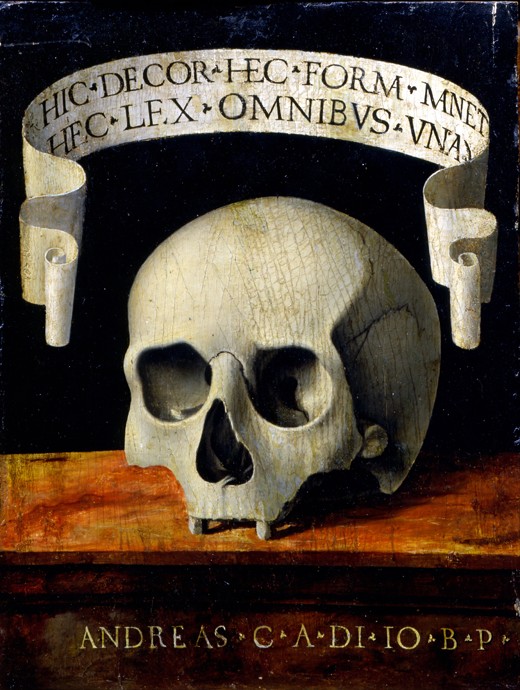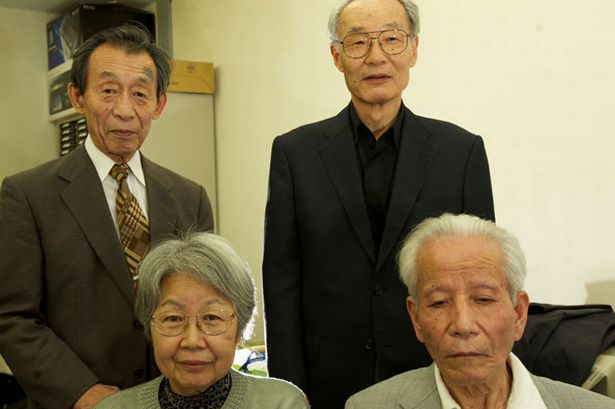By Anya Leonard
Death does not concern us,” says the fourth century BC philosopher Epicurus, “because as long as we exist, death is not here. And when it does come, we no longer exist.”
Well, that’s a little easier said than done.
The reality is that on top of inevitably pushing up the daisies (life is, after all, a terminal disease and sexual transmitted no less)… we will concern ourselves with the big sleep at one point or another.
Moreover, according to ancient philosophy – and Christianity for that matter – you should think about death. A little Memento Mori now and then is necessary for the wisest of Men.
Pre-socratic philosopher Democritus used to achieve this by wandering around tombs… Plato talks about it in the Phaedo with regards to Socrates and just about all the Stoics praise the practice of remembering that we all die… Seneca filled his letters with deathly reminders, Epictetus likewise regularly remarked on our mortal coil and Marcus Aurelius invited the reader to “consider how ephemeral and mean all mortal things are” in his Meditations.
The question then is how we can make peace with sleeping with the fishes… or kicking the proverbial bucket… without worrying about it? How can we think about it… but not too much?
Taking a leaf out of Karen Duff Duffy’s newest book, “Wise Up” (an excellent read which I enjoyed immensely in preparation for this Thursday’s event: How Stoicism Can Help)… perhaps the septuagenarians of Japan can show us the way?
“The pensioners of the Land of the Rising Sun are a tough bunch. The 2011 earthquake and tsunami in Japan caused a disastrous meltdown at the Fukushima nuclear plant. The area was flooded with deadly radiation. Many workers fled, and the plant had difficulty finding brave people to brave the dangers.A retired engineer, Yasuteru Yamada, a courageous and noble community leader, recruited fellow elderly experts and formed the Skilled Veterans Corps. These seasoned seniors were no spring chickens, but they sprung into action.The gallant geriatrics were not a suicide squad. They represented the best of human nature. Millions of lives were at risk. Yamada explained, “I am seventy-two and on average I probably have thirteen to fifteen years left to live. . . . Even if I were exposed to radiation, cancer could take twenty or thirty years or longer to develop. Therefore, us older ones have less chance of getting cancer.”The cofounder of the group, Kazuo Sasaki, said, “My generation, the old generation, promoted the nuclear plants. If we don’t take responsibility, who will?” She went on to say, “When we were younger, we never thought of death. But death becomes familiar as we get older. . . . This doesn’t mean I want to die. But we become less afraid of death as we get older.””– Karen Duffy, Wise UP
Is this true, dear reader? And if not universally (because we shouldn’t all need to face nuclear disasters in order to overcome a fear of death), how else can it be achieved?
How can we make peace with death? And how can we remember Memento Mori… without being morbid?
As always, you can write me directly at [email protected] or comment below.
Also, if you are interested in Stoicism, ancient philosophy and how ancient wisdom can have practical benefits today, please join us on Thursday! The event is free and if you register in advance, you can win a copy of Duff’s book.
Register HERE: https://how-stoicism-can-help.eventbrite.ie/












No comments
Trackbacks
Our apologies, you must be logged in to post a comment.